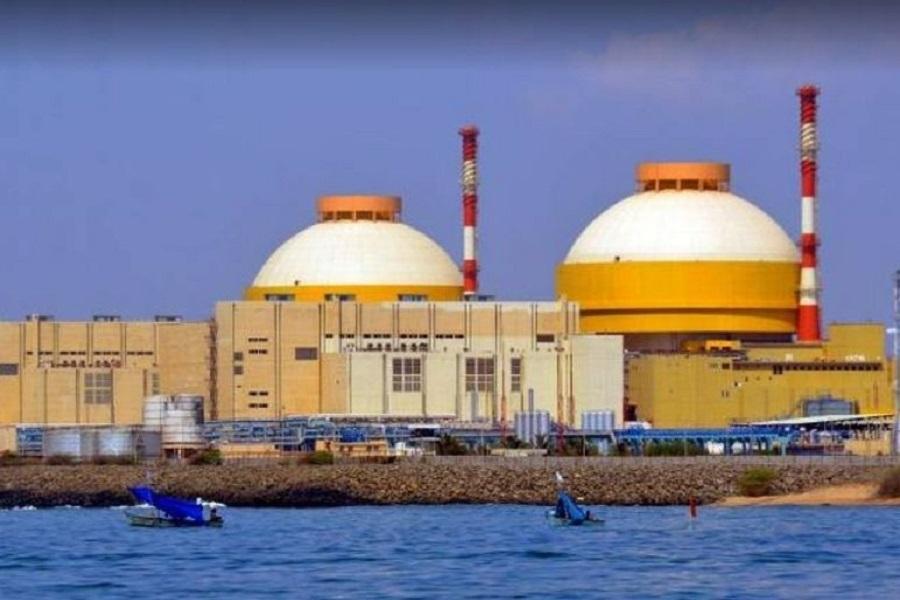
Centre Reviews 100 GW Nuclear Mission to Boost Clean Energy Goals
In a significant step towards achieving its ambitious clean energy goals, the Indian government has convened a high-level meeting to review the 100 GW Nuclear Energy Mission. The meeting, held on Friday, was jointly chaired by Union Power Minister Manohar Lal Khattar and Minister of State for Atomic Energy, Dr Jitendra Singh. The discussion aimed to accelerate the country’s transition to cleaner energy sources, in line with Prime Minister Narendra Modi’s vision of expanding India’s clean energy basket and achieving Net Zero emissions.
The 100 GW Nuclear Energy Mission is a critical component of India’s plan to reduce its carbon footprint and meet its international commitments under the Paris Agreement. The mission seeks to harness the vast potential of nuclear energy to generate electricity, which is expected to play a vital role in the country’s energy mix. By achieving this goal, India aims to reduce its dependence on fossil fuels, mitigate climate change, and ensure a sustainable energy future for its citizens.
During the meeting, the government officials reviewed the progress made so far in achieving the 100 GW Nuclear Energy Mission and discussed key directives to accelerate the process. The directives outlined several measures to overcome the challenges facing the nuclear energy sector, including issues related to project financing, regulatory clearances, and public perception.
One of the key takeaways from the meeting was the emphasis on the importance of domestic manufacturing in the nuclear energy sector. The government emphasized the need for Indian companies to play a significant role in the production of nuclear equipment and components, rather than relying on imports. This move is expected to boost the country’s economy, create jobs, and enhance self-reliance in the nuclear energy sector.
Another key area of focus was on the development of infrastructure required to support the nuclear energy mission. The government officials discussed the need for the development of dedicated nuclear parks, storage facilities, and transportation infrastructure to ensure the smooth operation of nuclear power plants. The meeting also emphasized the importance of advanced technologies, such as small modular reactors (SMRs) and advanced pressurized heavy water reactors (APWRs), to enhance the efficiency and safety of nuclear power generation.
The government also emphasized the need for greater public awareness and education about the benefits of nuclear energy. This includes addressing concerns related to nuclear safety, waste management, and radiation protection. The meeting highlighted the importance of transparency and accountability in the nuclear energy sector, and the need for regular monitoring and evaluation of the progress made towards achieving the 100 GW Nuclear Energy Mission.
The 100 GW Nuclear Energy Mission is a significant step towards achieving India’s clean energy goals, and the government’s commitment to this mission is expected to have far-reaching implications for the country’s energy sector. The mission is expected to create new opportunities for investment, job creation, and economic growth, while also contributing to the country’s climate change mitigation efforts.
In conclusion, the high-level meeting on the 100 GW Nuclear Energy Mission is a significant development in India’s journey towards a low-carbon future. The government’s commitment to achieving this goal is expected to have a transformative impact on the country’s energy sector, and will play a crucial role in reducing India’s carbon footprint and achieving Net Zero emissions.
Source:






